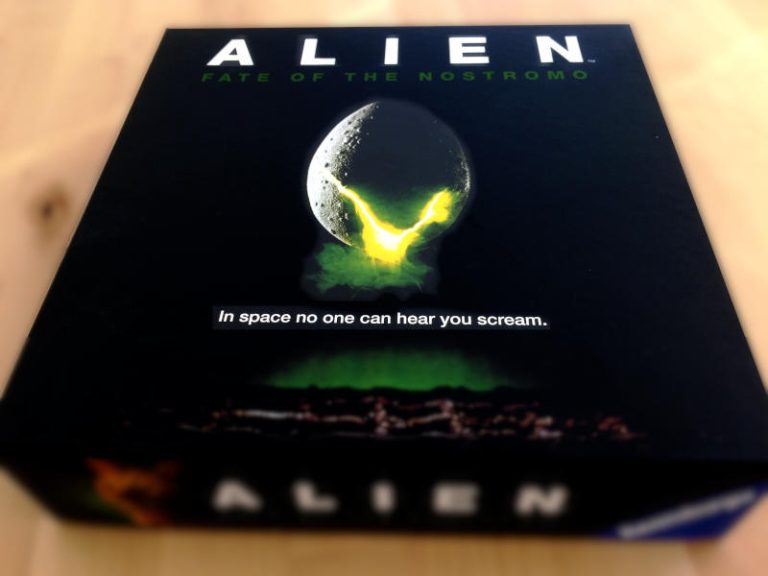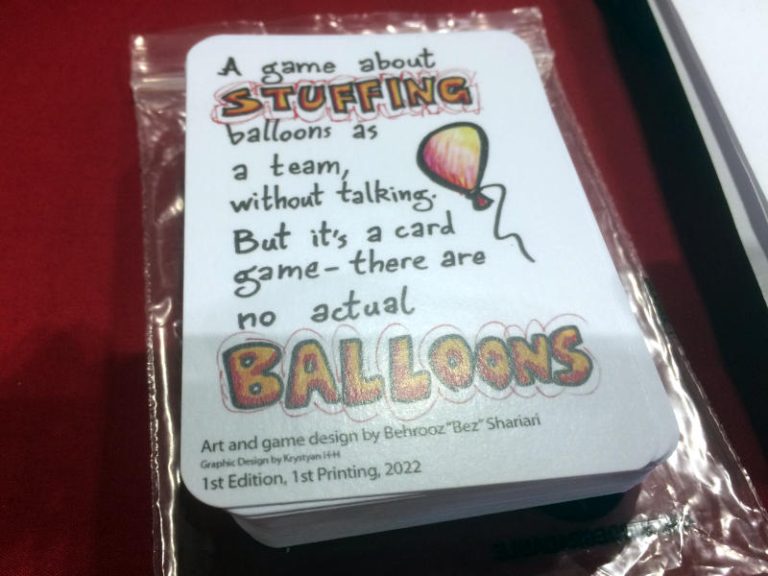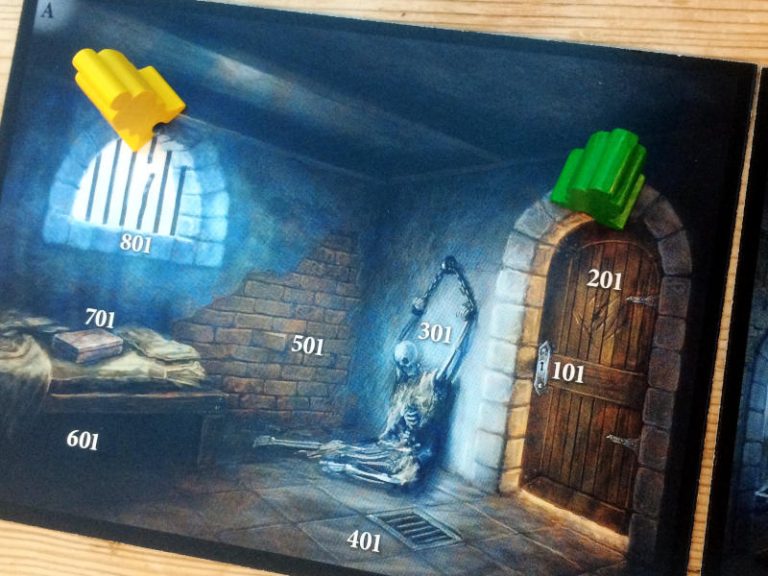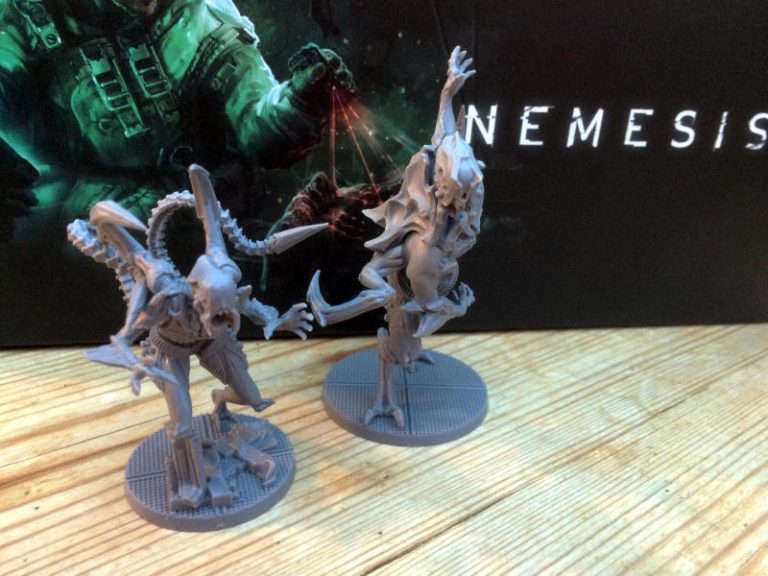Victorious losses – games without loss or victory condition (Topic Discussion)
In digital games, the idea of a high score table dates back to the 1970s and 80s. Yes, you would eventually run out of lives or credits and therefore lose a console game, but beating your own or someone else's highest point score was much more important. Finishing a game and beating the last boss monster was not really a thing. Many digital games didn't even have an ending as such. They just got more and more difficult. So the question is, if something similar is also possible for analogue games.











